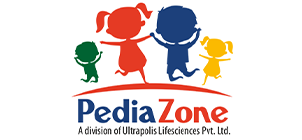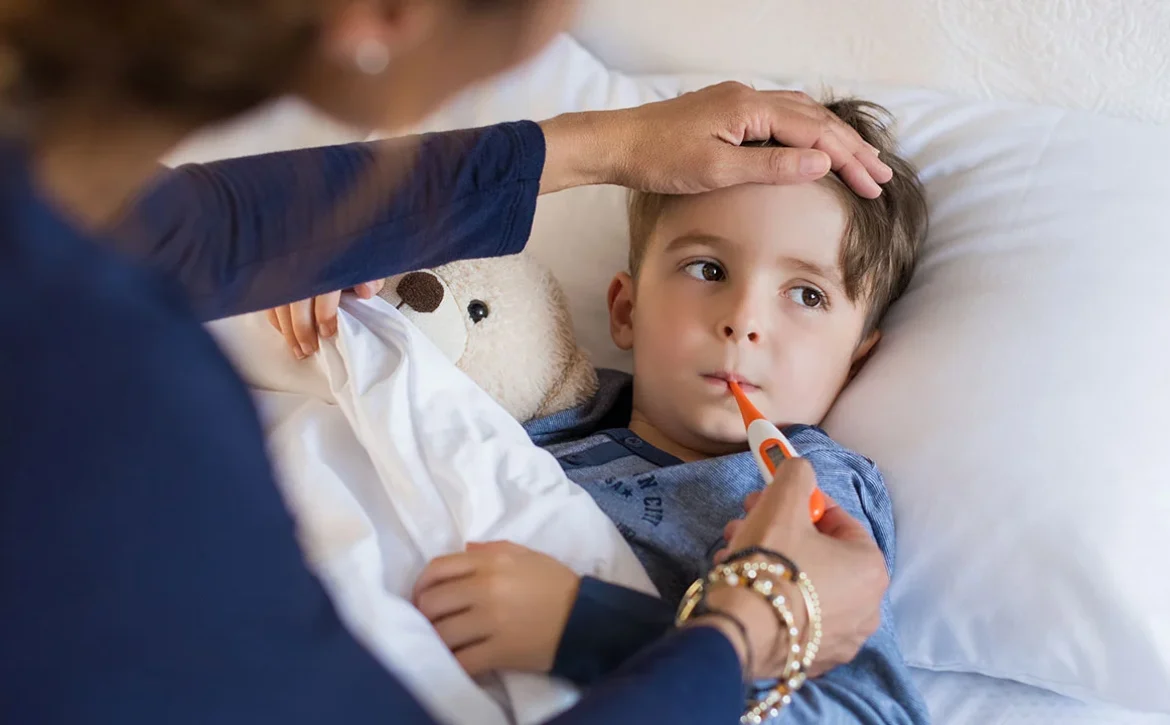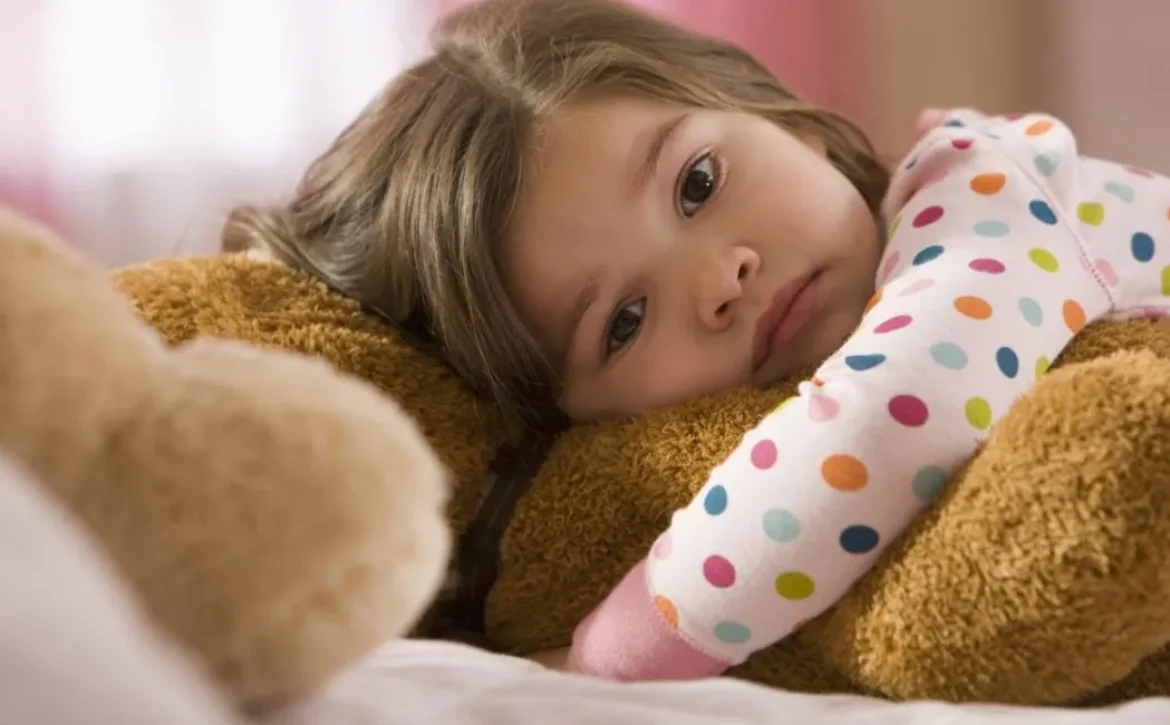Tips for Managing Fever in Children: Medication and Home Remedies
A prominent sign that your body is fighting against an infection or illness is fever. Though fever in itself is not harmful, the whole situation is stressful for parents as well as the little ones. In such a situation, it is very important to know how to manage fever in the right way so that it does not lead to something serious. There are certain medications that are prescribed when your child is suffering from fever, such as acetaminophen and ibuprofen. They help in reducing fever and also provide relief against its symptoms like head ache, muscle pain, etc.
What is a Fever?
When there is a temporary increase in the body temperature as it is fighting against some sort of illness or infection, then it is defined as fever. It is a natural response of the immune system, when the body is fighting against an infection. During a fever, your body produces more immune cells to fight off the problem. If the fever stays on for a long time, then it is definitely a matter of concern and could lead to something serious.
Some Of The Tips To Keep In Mind When You Are Using Fever Medications
Read The Instructions
Each and every fever medication has a list of instructions to follow on its label. Make sure that you read and understand it well before giving it to your children. Also, ensure that the dosage is according to the age and weight of your child.
Use The Right Measuring Device
Accurate dosage is important when it comes to administering fever medications to your little ones, and that is why the right device, such as a dropper, syringe, or dosing spoon, should be used. Thus, it is recommended to avoid household teaspoons or tablespoons.
Don’t Use Aspirin
Though aspirin is quite effective when it comes to fever, giving it to your children and teenagers is not advised. This is because it increases the risk of Reye’s syndrome in them, which is life-threatening and affects the brain and liver.
Consult a Doctor
If you are a new parent, then it is better that you consult a doctor before giving any sort of fever medication to your kid. Infants in the age group of 2 years and younger are vulnerable, and fever can be a sign of some health conditions as well.
Home Remedies For Fever
Drink Plenty Of Fluids
If your child is suffering from fever, then you should add a lot of fluids like water and fresh juice to their diet so that they don’t suffer from dehydration.
Take Rest
The body gets very weak while fighting off those bacteria and viruses, which is why it needs rest and proper sleep to recover in the right manner.
Cool Compress
It is advised to apply a cool compress to the neck, forehead, and armpits of your child to lower their body temperature.
Lukewarm Bath
A lukewarm water bath does wonders whenever your child is suffering from fever, as it provides relief against discomfort. Don’t use cold water.
Dress Comfortably
You should never layer up or over dress your kid in case there is a fever. Instead, go for something lightweight and breathable.
If your child is younger than 3 months and is having a fever along with other symptoms like breathing problems, a severe headache, persistent vomiting, and more, it is recommended that you visit a child care expert at the earliest. With proper care and attention, you can let your child feel better and get back to their normal activities.






